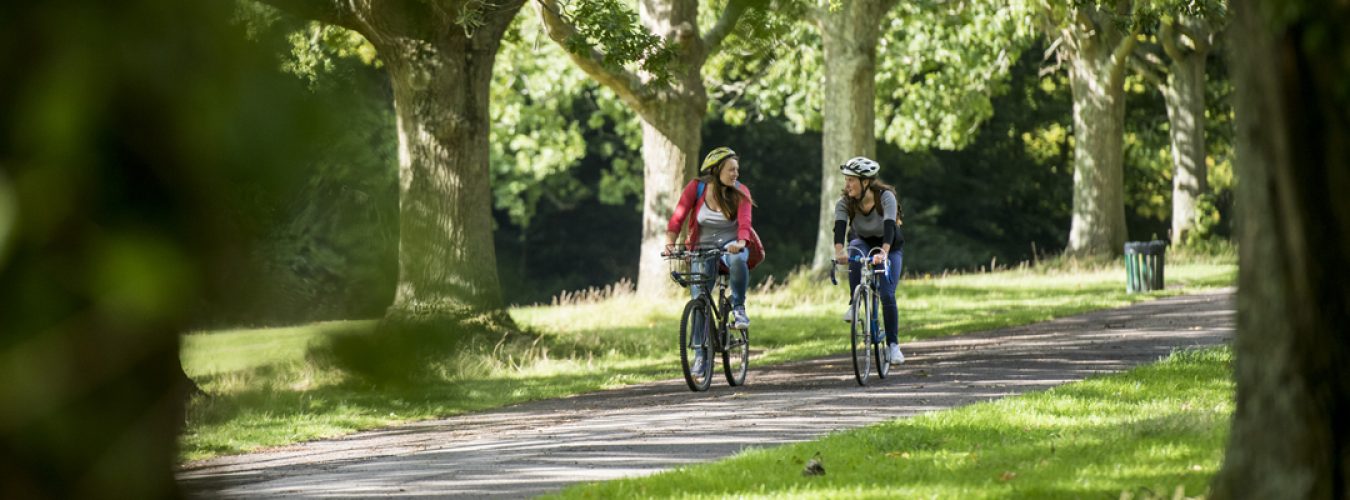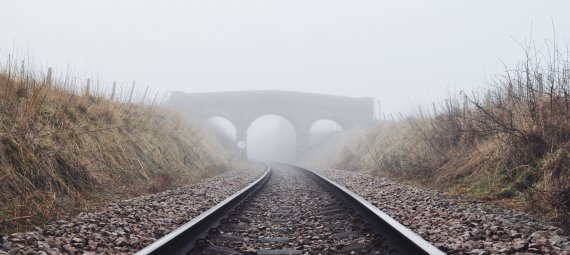Supervisory Team: Joel Smethurst, William Powrie
Project description
Researching the totally reliable, affordable, zero-carbon, 24-hour railway
The railway is at the heart of Britain’s economy and touches the lives of millions of people daily. Future success relies on it becoming more resilient and more cost and carbon efficient, and on improving its service to passengers.
High capacity, high speed inter-urban rail for passengers and freight is of major importance around the world. Increased capacity on new and existing routes is urgently needed to decarbonise land transport and improve economic efficiency.
You will investigate the effect of embankment and subgrade weathering on track performance. It is now generally accepted that, in addition to the effects of the gradual equilibration of pore water pressures (often a loss of suction) over the decades following construction, infrastructure earthworks suffer gradual deterioration through weathering type effects. Mechanisms currently thought to be at least partly responsible include desiccation and cracking of a near surface zone, chemical weathering of the exposed surface, a gradual loss of residual suction in clay cycled between certain limits of water content, and a loss of material strength with strain (strain softening). Building on and working with the ACHILLES programme (www.achilles-grant.org.uk), the project will explore the impact of these weathering mechanisms on the efficacy of an earthwork or subgrade as a railway track support, and the resulting effects on track capability and performance.
Enjoying the best of both worlds, you will be part funded by Network Rail (NR) and work alongside a world-leading research team at the new National Infrastructure Laboratory in Southampton. You will be a member of a small cohort of doctoral students working with NR in the research group that leads the UK Rail Research and Innovation Network (UKRRIN) Centre of Excellence in Infrastructure. You will be supervised jointly by the University and NR, with opportunities to spend periods of time in NR offices and on site, and enhance your future employability. Your PhD research outputs are likely to lead quickly to real world trials and potential adoption into standards and practice.
If you wish to discuss any details of the project informally, please contact William Powrie, Geotechnical Research Group, Email: wp@soton.ac.uk for a response or to ask for a call back.
Entry Requirements
Applicants should have at least a relevant UK 2:1 honours degree or its international equivalent.
Closing date: applications should be received no later than 10 January 2022. Short-listed candidates will be interviewed soon afterwards.
Funding: full tuition for UK students. Successful candidates will enjoy an enhanced tax-free stipend equivalent to a starting salary of £27,000 per annum for up to 4 years, subject to confirmation by Network Rail.
How To Apply
Applications should be made online. Select programme type (Research), 2022/23, Faculty of Physical Sciences and Engineering, next page select “PhD Engineering & Environment (Full time)”. Please enter “Embankment and subgrade weathering” under the Topic or Field of Research. A parallel application to Network Rail will be required.
Applications should include:
Curriculum Vitae
Personal statement of your reasons for applying, not exceeding 500 words
Two reference letters
Degree Transcripts to date
Apply online: https://www.southampton.ac.uk/courses/how-to-apply/postgraduate-applications.page
For further information please contact: feps-pgr-apply@soton.ac.uk

